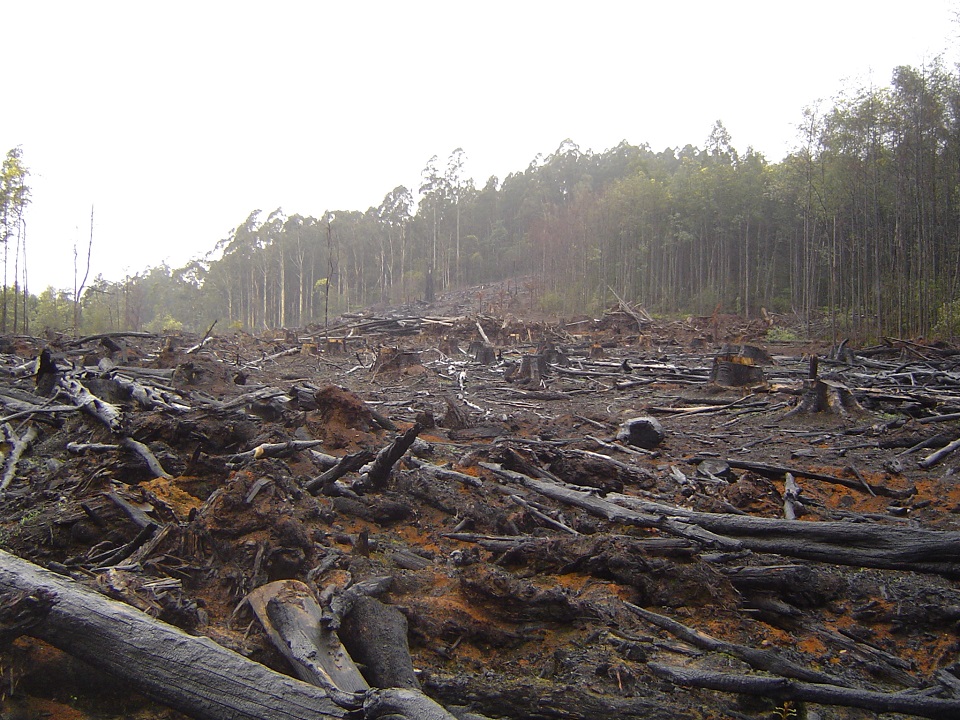
Earth may be entering a new phase of extinction according to a new study. The study is a warning that species will become extinct 114 times faster than normal and that we are in the sixth stage of life destruction on earth.
The study was done by researchers at Stanford, Berkeley, and Princeton and it does indeed confirm previous findings indicating a faster die-off of many species.
The Sixths Stage
The study “Accelerated modern human-induced species losses: Entering the sixth mass extinction” has been published in the journal Science Advances. It provides compelling evidence that we are now into the sixth stage of extinction on Earth.
One of those former extinctions was the famous event that made the dinosaurs disappear from the surface of Earth circa 65 million years ago. That event was probably caused by a meteor, but this modern extinction is caused by man.
The researchers argue that the biggest problem with the mass extinction of species is the loss of biodiversity. It affects whole ecosystems and can tip the balance to unforeseen consequences. It can also affect people’s lives, as pollination of crops and the natural water purification systems are disrupted. They warn that within three generations, perhaps we can no longer count on bees to do the important pollination.
Faster Rate
Professor Gerardo Ceballos from the Universidad Nacional Autónoma in Mexico is the lead author of the study, he states that “If this is allowed to continue, it will take many millions of years for life on Earth to recover and even humans will probably die out in an early stage,”.
Since 1900 over 450 species have disappeared, including 69 mammals, 80 birds, 24 reptiles and 158 species of fish. If the extermination rate instead would have followed a normal curve, only 9 vertebrates would have disappeared during the same period.
So, with this faster rate of extinction, the same number of vertebrate species disappeared during the last 114 years as otherwise would have disappeared during the last 10,000 years. The researchers have actually been quite moderate in their calculations and other researchers believe that the extinction of species will goes faster.
The authors, however, points to that there are still ways to prevent and mitigate the rate of extinction by reducing restrictions on wildlife habitats, over-exploitation for financial gain and addressing climate change. But they also note that the possibility of preventing continued rapid extinction decreases for each day that passes.
________________
Accelerated modern human–induced species losses: Entering the sixth mass extinction
________________________________

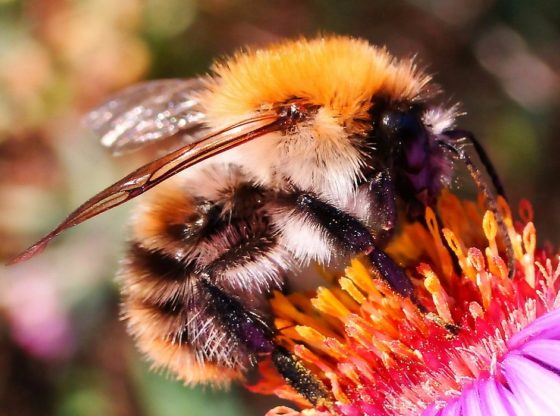
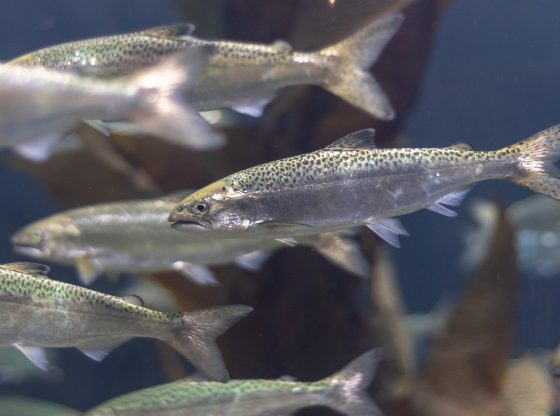





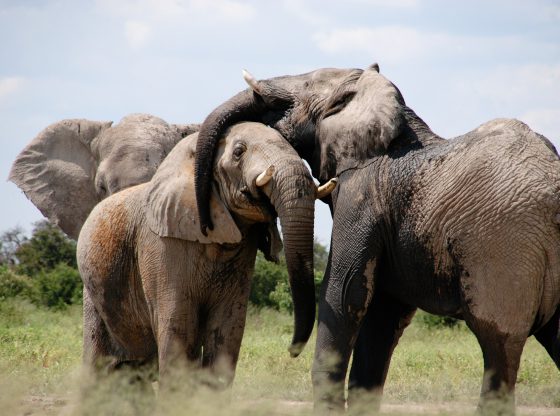

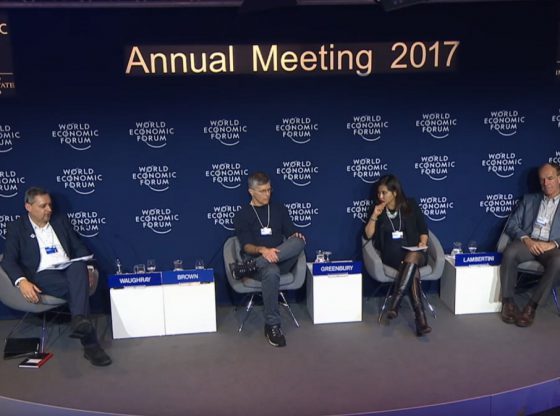
![OpenAI. (2025). ChatGPT [Large language model]. https://chatgpt.com](https://www.illustratedcuriosity.com/files/media/55136/b1b0b614-5b72-486c-901d-ff244549d67a-350x260.webp)
![OpenAI. (2025). ChatGPT [Large language model]. https://chatgpt.com](https://www.illustratedcuriosity.com/files/media/55124/79bc18fa-f616-4951-856f-cc724ad5d497-350x260.webp)
![OpenAI. (2025). ChatGPT [Large language model]. https://chatgpt.com](https://www.illustratedcuriosity.com/files/media/55099/2638a982-b4de-4913-8a1c-1479df352bf3-350x260.webp)








